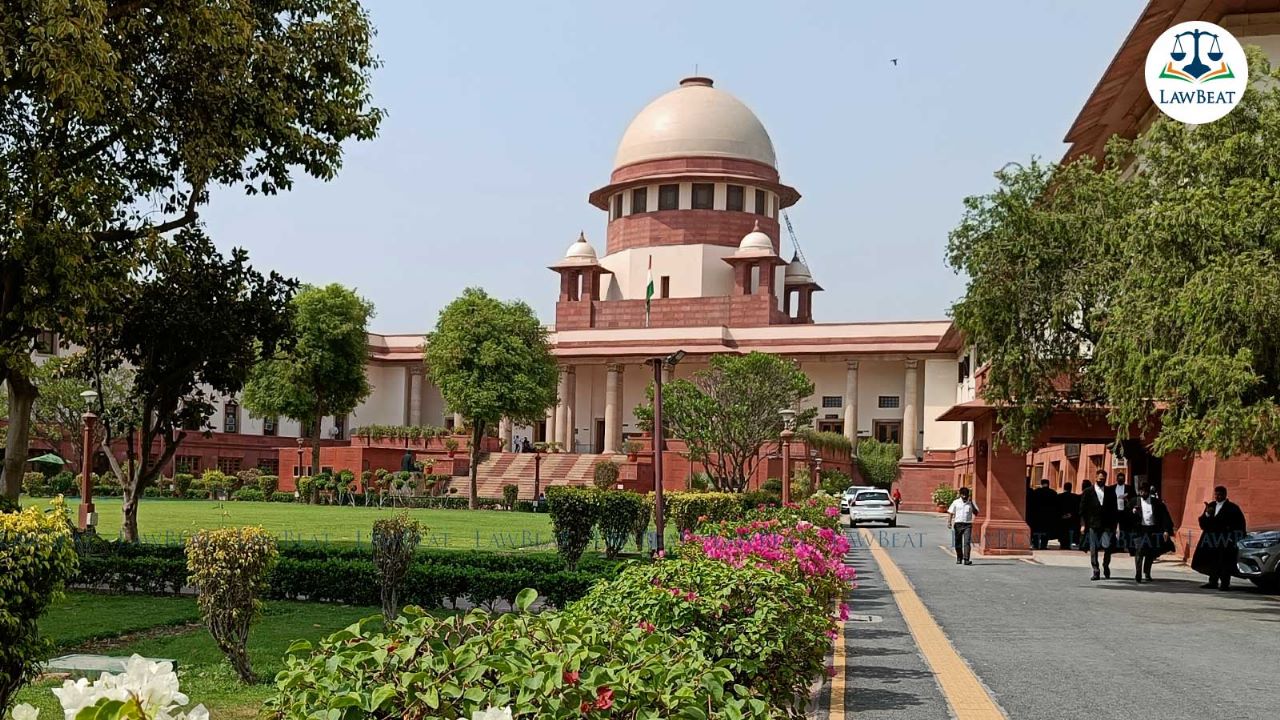Private unaided minority educational institution can't be forced to adopt unrevised retirement age: SC

X
SC noted CSIIT is an affiliated institute of JNT University and its teachers cannot have their age of retirement more than that of the teachers of the affiliating University
The Supreme Court has said a private unaided minority educational institution cannot be forced to adopt the amended regulations with regard to retirement age of teachers, if the state government itself has not revised it to 65 years as per recommendations made by the AICTE and the UGC.
A bench of Justices Vikram Nath and Prasanna B Varale dismissed a petition filed by PJ Dharmaraj questioning validity of his superannuation at the age of 60 years even though the AICTE and the UGC issued amended regulations revising it upto 65 years.
The appellant was initially appointed as Lecturer in Jawaharlal Nehru Technological (JNT) University in 1985. He was promoted as Reader in 1995. Following an advertisement issued by the Church of South India Institute of Technology (CSIIT) on September 25, 1998, he was appointed as director over there on November 26, 1998.
At that time, the age of retirement was fixed as 60 years. The UGC and AICTE issued notifications in 2010 revising the retirement age of teachers in technological institutes as 65 years.
On August 14, 2018, the appellant was relieved from the post of the director. Before the apex court, he contended he has been retired from service on a premature and illegal basis. He submitted when he was appointed to the post of director in 1998, his age of superannuation was determined as per the AICTE and UGC regulations prevailing at that time, which was sixty years of age. However, since in 2010, AICTE and UGC issued amended regulations, revising the age of superannuation was up to 65 years of age, the same benefit should be extended to him now as professional institutes cannot depart from such binding regulations.
His stand was supported by the AICTE and the UGC. It was also contended UGC regulations are not merely recommendatory.
The respondents, on the other hand, said the institute is a private unaided minority educational Institution, administered by Church of South India and affiliated to the State University in the State of Telangana.
The subsequent amendment to the UGC regulations has not been adopted by the State of Telangana and the revised age of 65 years for superannuation does not prevail as the norm in the State and in the JNT University with which CSIIT is affiliated.
They also submitted the appellant was never involved in teaching and was only working on the post of director with administrative duties and if the AICTE regulations were applicable at all, the benefits would still not extend to him as the said regulation used the term “Teacher” and “Principal” distinctly which does not apply to him as he discharged no teaching duties.
They further contended that the appellant was due for retirement at the end of February 2018 and until August 2018, the appellant was making.representations urging that he be given academic duties and was negotiating for his retiral benefits, which goes to show that he himself accepted his retirement at 60 years of age.
Having considered the submissions, the bench said, "We do not find merit in the contention that merely because the UGC and AICTE regulations were subsequently amended in 2010 and the age of superannuation for teachers in Technical Institutions was increased to 65 years, the same benefit would automatically extend to the appellant".
The court noted the appellant was working as director in CSIIT which is affiliated with JNT University, governed by the laws applicable in the State of Telangana.
"In this case, the Government of Andhra Pradesh (now Telangana) has decided to not adopt the amendment increasing the age of superannuation to 65 years in their universities or colleges vide G.O.Ms.No.40, Higher Education & UE-II Department, dated 28.06.2012," the bench noted.
The court also recorded that the institute is a minority educational institution administered by the Church of South India, which is neither run nor funded by the central government.
"The regulations governing the age of superannuation throughout the State, the JNT University and its affiliated colleges including CSIIT is 60 years of age and therefore, when the teachers of JNT University are only to continue up to the age of 60 years, the appellant cannot be given special consideration," the bench held.
The court further pointed out CSIIT is an affiliated institute of JNT University. Its teachers cannot have their age of retirement more than that of the teachers of the affiliating University.
"It would create a serious anomaly, discrimination and inequality. If the State Government itself has not adopted the amended regulations, the same cannot be applicable to the CSIIT. Even CSIIT has not determined the age of retirement of teachers to be 65 years," the bench said.
The bench also took into record the submission that after the appellant was given his notice for superannuation, he continued to make representations for retiral benefits such as leave encashment and gratuity etc.
"This clearly goes to show that the appellant has accepted his retirement at the age of sixty. Any other way, the appellant is not a teacher and was only involved in administrative work with CSIIT. The appellant has not led any evidence until now to prove that he qualifies as a teacher after becoming Director. AICTE and UGC regulations are applicable only to those who qualify as teachers and are discharging classroom teaching duties," the bench said.
The court thus found no reason to interfere with the High Court's judgment, declining him any relief.
It dismissed the civil appeal also noting the appellant has already retired and another person has been appointed to discharge the duties as director of the institute.
Next Story
